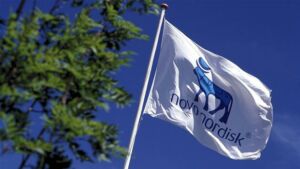News
Novo Nordisk insulin finally approved in the US
This article is more than 10 years old.
Danish pharmaceutical giant has high hopes for products

Over 29 million people are affected by diabetes in the US (photo: Novo Nordisk)
The Danish pharmaceutical giant Novo Nordisk has announced that the US health authority, the FDA, has approved two of its products for the treatment of diabetes on the American market.
It has taken two years for the FDA to approve the two products, Tresiba and Ryzodeg, which help treat adults suffering from Type-1 and Type-2 diabetes.
“Since 1923, Novo Nordisk has been committed to advancing insulin therapy for patients with diabetes, and we are proud to bring forward the first new basal insulin molecule to be approved by the FDA in 10 years,” said Jesper Høiland, the president of Novo Nordisk in the US.
“Novo Nordisk is excited to launch Tresiba in the United States in the first quarter of 2016.”
READ MORE: Novo Nordisk to invest billions into US factory
Huge health issue
Novo Nordisk originally applied for approval on the US market in 2013, but the FDA was not convinced by the product, so the company undertook a clinical study regarding the risk of using the product.
The company has massive expectations for the US market and expects the products, already approved in Europe and Japan, to be among the leading diabetic products there within a few short years.
Over 29 million people are affected by diabetes in the US. Type 2 diabetes accounts for 90 to 95 percent of all diabetes cases. The number of Americans with diabetes has tripled over the past 30 years.










































